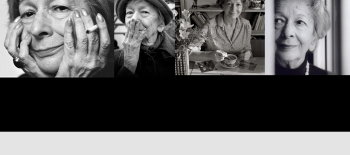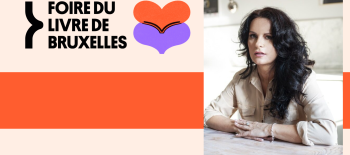“Everything was, for example, kaiserlich-königlich (imperial-royal) and equally kaiserlich and königlich (imperial and royal) […]. It was called, in writing, the Austro-Hungarian monarchy and was called, orally, Austria: a name which it had officially and solemnly recanted, but which it maintained in matters of the heart, as if to prove that feelings have as much importance as public law and that directives have nothing to do with the seriousness of life.” This passage from The Man Without Qualities by Robert MUSIL demonstrates the extent to which the inhabitants of the lands of the former Habsburg Empire searched in vain for their identity. Even if Germans, Croats, Hungarians, Italians, Jews, Poles, Roma, Romanians, Ruthenes, Slovaks, Slovenians and Czechs all came together under the same crown, they knew no unity. This asymmetry can be found in the books of Franz KAFKA and Stefan ZWEIG, Andrzej KUŚNIEWICZ, and, more recently, Atila BARTIS or Arno GEIGER, for example. This tension between humour and melancholy, between grandeur and pettiness, between nostalgia and forgetting, between the law and the individual, can also be found during the Cold War. This prompts a series of questions: “Is there a Habsburg spirit in central Europe?”, “is there such a thing as ‘iron curtain literature’?” It is these questions which will be explored on Wednesday 12 December at an event with three central European writers: Jacek DEHNEL (Poland), Jaroslav RUDIS (Czech Republic) and a Slovak writer (to be confirmed).
This discussion is taking place in the context of the cultural programme organized by the Austrian presidency of the European Union and more specifically in connection with the exhibition Beyond Klimt which is being held at the Palais des Beaux-Arts from 21 September 2018 until 20 January 2019.
PRACTICAL INFORMATION
>>> Centre for Fine Arts BOZAR (Rue Ravenstein 23, 1000 Brussels) – see map
>>> Wednesday 12 December 2018 – 20h



